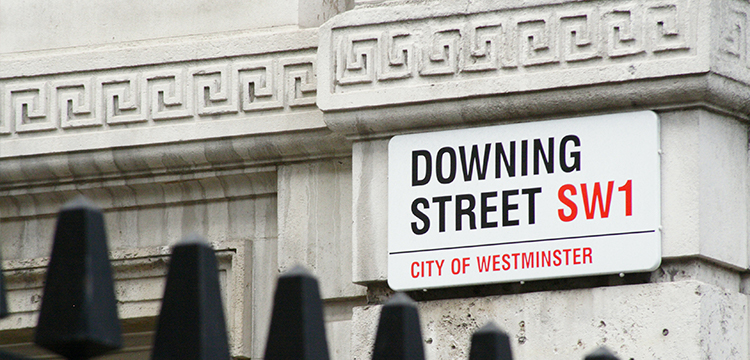If opinion polls are to be believed, Chancellor Rishi Sunak has been by far the standout performer in the government during the pandemic. Whilst a YouGov poll for The Times shows that PM Boris Johnson has a -15 approval rating, the latest info I could find on the Chancellor as at 24 August (also YouGov) showed that 48% of those polled thought he was doing a good job with only 15% thinking he was doing a bad one. The remaining chunk of 37% were 'don't knows' and this is in itself worth noting as it suggests that there are still a large number of 'undecideds' out there. Looking back over the last four months of polls on the Chancellor's performance though, the overall numbers suggest that public views on his effectiveness have remained extremely consistent. This supports the conclusion that he has avoided any major slip-ups thus protecting levels of public confidence in his competence. The rumour mill is even in some cases suggesting that Mr Sunak is the most likely successor to Boris Johnson should he step down.
So far the chancellor has been very liberal with his generosity. As we know a number of bailout packages of one sort or another have been put in place and have been very well received in many cases. What problems there have been with these have often revolved around practical issues which I suspect most people would be sympathetic to given the need to put in place major new systems at very short notice. However, we are now on the cusp of a new phase with the furlough scheme winding down and demands from some quarters that it be kept in place for longer, especially for those sectors of the economy which are under the greatest strain. So far the Chancellor has resisted these calls but it is unlikely that they're going to get any less loud as time goes on. With each passing month seeing a progressive winding down of the furlough scheme and increases in unemployment numbers, the pressure to prolong some version of furlough is likely to get stronger rather than weaker.
Of course there is no such thing as a free lunch and sooner or later these measures are going to have to be paid for. The strain on the UK economy is now very real. National debt is at over 100% of GDP for the first time since March 1961 and public sector net debt has increased by over £227 billion over the past year reaching more than £2 trillion in total for the first time in history. There have been suggestions this week from various economists that tax increases are likely to be necessary at some stage sooner or later. Even with borrowing costs at historic low levels, this level of debt still has to be paid for and raising taxes is likely to be the only way to do it.
This however brings with it obvious political risks. The Conservative party historically has been in favour of lower rather than higher taxation and there will be a number of MPs who would be averse to increasing taxes. However something will need to be done. Amongst the suggestions that have been made from various sources are an increase on the 20% basic rate of income tax (perhaps by up to two or three percent) and also rises in the 40% higher tax rate. The problem here is that the government pre-COVID made a commitment known as the 'triple tax lock' promise not to increase income tax, National Insurance or VAT for five years. That is now looking increasingly difficult to deliver. However, the specifics of the 'triple tax lock' may be significant here as they do not cover Corporation Tax or Capital Gains Tax and they might therefore be more likely targets given the politics involved. Some speculation has emerged though that National Insurance for the self-employed might be raised to bring it into line with that paid for employees. To give this some context this would increase contributions on an individual earning £32,000 by about £250 a year.
When, as well as if, to raise taxes is a matter of timing and most economic commentators would agree that now is not the time to do it. However at some stage something will have to give. The Chancellor, faced with economic realities on the one hand and those who would rather see tax decreases instead of increases on the other, will have to come up with some plan of action to steer the country and his own political reputation through all this. His rise to the top has been meteoric; he was very much an unknown quantity before he became Chancellor. The challenge now is to protect his newly but hard won reputation when faced with the need to take unpopular decisions. Seen from his personal perspective the toughest challenges lie in the future rather than the recent past.
Stay up to date with the latest changes in finance and accounting with the AAT Accelerated Pathway: Technical Update 2020-21, developed in commercial partnership with AAT.

You need to sign in or register before you can add a contribution.